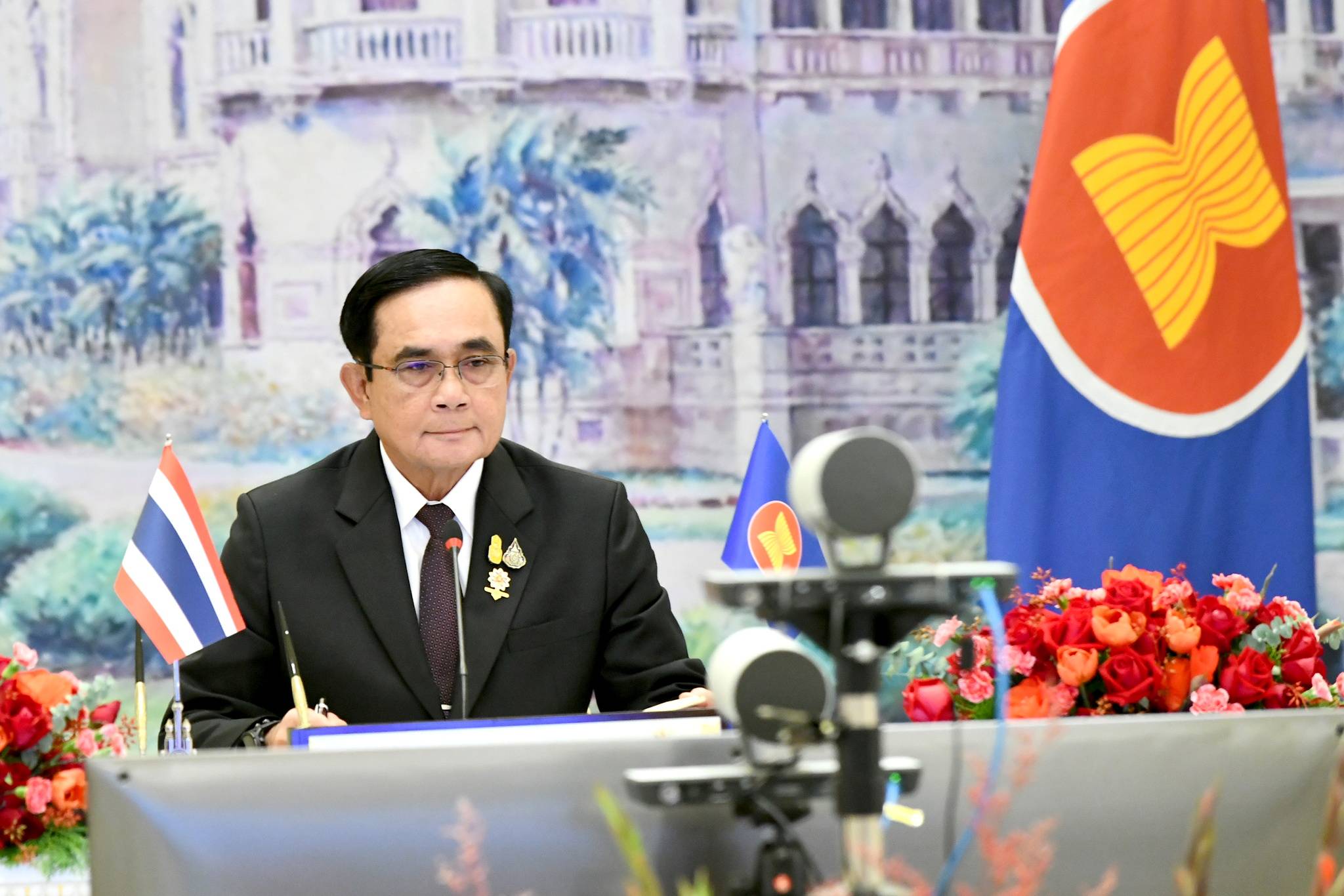The Association of Southeast Asian Nations (ASEAN) this week held its fall gaggle of summits. In addition to stocktaking among regional leaders, the meetings included consultations with ASEAN’s dialogue partners — Japan, the United States and China among them — that reaffirmed the organization’s “centrality” to those countries’ thinking about the region.
Those assurances are gratifying, as are the monetary commitments that accompany them, but ASEAN’s relevance is being challenged as never before.
Attendance at this week’s meetings spotlighted one gap around the table and one new face. Missing was Myanmar. ASEAN foreign ministers decided earlier this month to not invite Gen. Min Aung Hlaing, installed as the leader of the country after a February coup, or any other political representative and instead offered a seat to the permanent secretary of the country’s Foreign Ministry.



